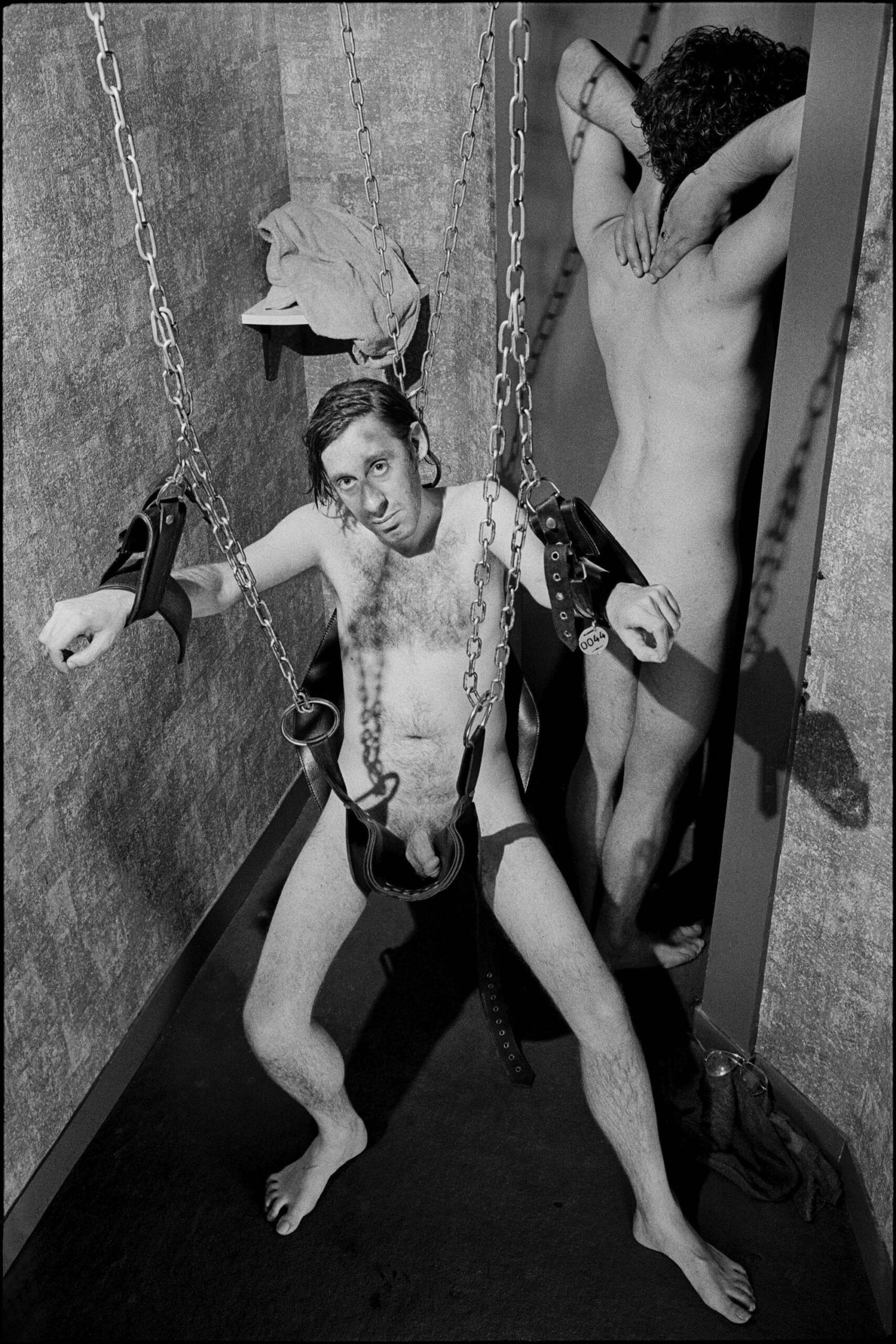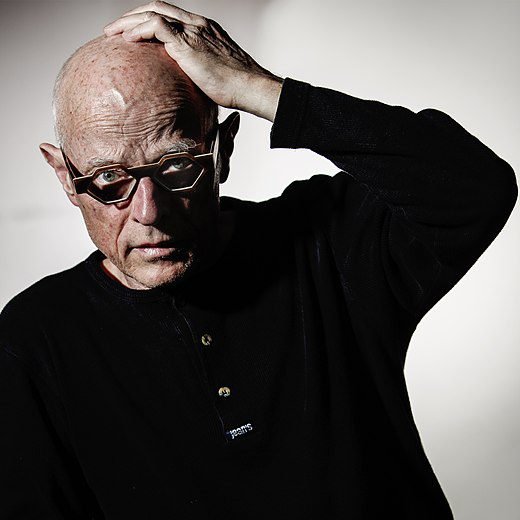ARTWORK DETAILS
Alain Pacadis by Arnaud Baumann - Baumann's Little Black Book Collection
Interior View
Size currently shown: Plop

Prints still available
Edition of 18. | 7 in XS, 7 in S, 3 in M and one single print in L
250 € Sold out
750 € Sold out
750 € Sold out
9000 € Sold out
Choose Size and Options
Original signed and numbered print
From
250 €
Please note, the price of this work of art is progressive.
This means that every time one of the copies is sold, the price of the remaining prints increases.
Edition of this artwork
Edition of 18. | 7 in XS, 7 in S, 3 in M and one single print in L
Type of print
C-Print
Signature
On the back.
Certificate of Authenticity
Yes, included by the gallery.
Year of Creation
1981 - 1983
Fine Art Artist
Arnaud Baumann
Collection
Baumann's Little Black Book

Baumann's Little Black Book
In the 1980s, Arnaud Baumann set himself a challenge: to take nude portraits of his friends, which he would publish in the book "Carnet d’adresses" (Little Black Book). The first photo, to convince others, was a leaping self-portrait in his apartment. Nudity in photography was not so common, especially among men. Reiser's photo dates from November 11, 1982, a year before his death [on November 5, 1983]. Reiser had told the photographer a few years earlier, "If one day you make a portrait of me, I would like it to be as a knight." The series ended with a self-portrait in flames, an ultimate act of acknowledgment towards the models laid bare.

Arnaud Baumann
Arnaud Baumann, French portrait photographer and videographer, was born in 1953 and left an indelible mark on the world of photography. His career began alongside photographer Xavier Lambours, with whom he had the opportunity to capture unique and intimate moments by photographing the behind the scenes, hysterics and editorial conferences of Hara Kiri and Charlie Hebdo magazines. This experience marked the start of a promising career.
Over the years, Baumann has been published in renowned magazines such as Hara Kiri, Libération, Le Nouvel Observateur, Télérama, VSD, Paris Match and Géo, thus demonstrating his talent and versatility as a photographer.
During one of the key periods of his career, from 1978 to 1983, Baumann immortalized the evenings at Fabrice Emaer’s “Palace”. Through his photographs, he captures the very essence of these extravagant evenings, immersing us in the electric and liberated atmosphere of a bygone era.
Baumann devotes a large part of his career to portraiture, becoming a master in the art of revealing the essence of well-known personalities and cultural actors. His portraits are imbued with depth and sensitivity, to the point of capturing the soul of his subjects.
Throughout his career, Baumann reinvented his style while remaining faithful to what makes him a generational photographer. His process rethinks the links between the structure of his vision and the reality that surrounds it. His photographs are recognizable by their precise framing, precise colors and always mastered compositions.